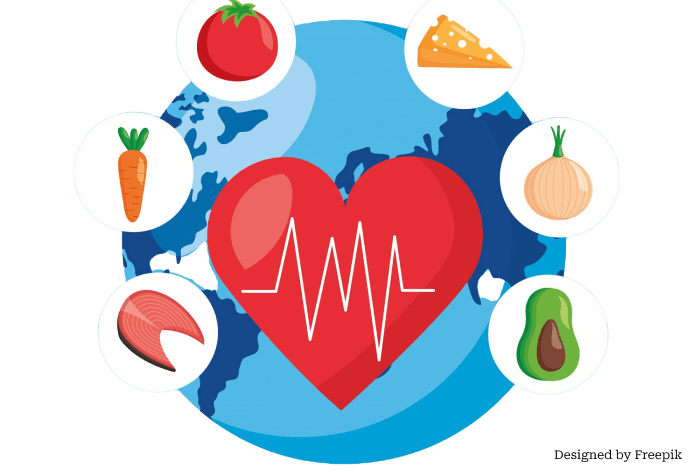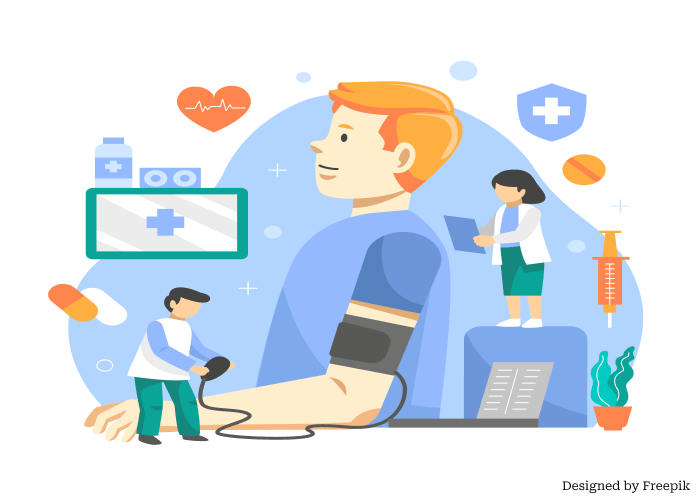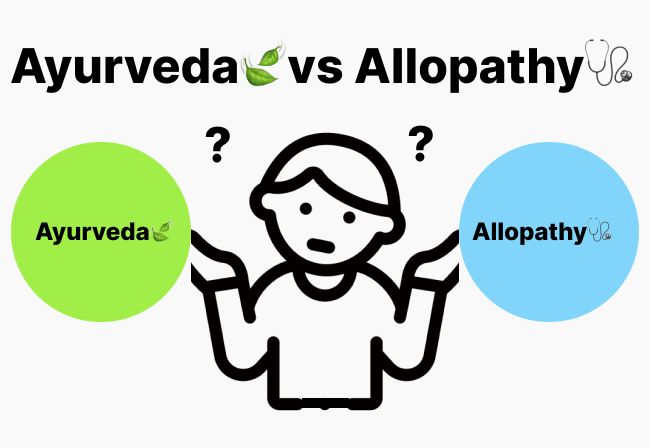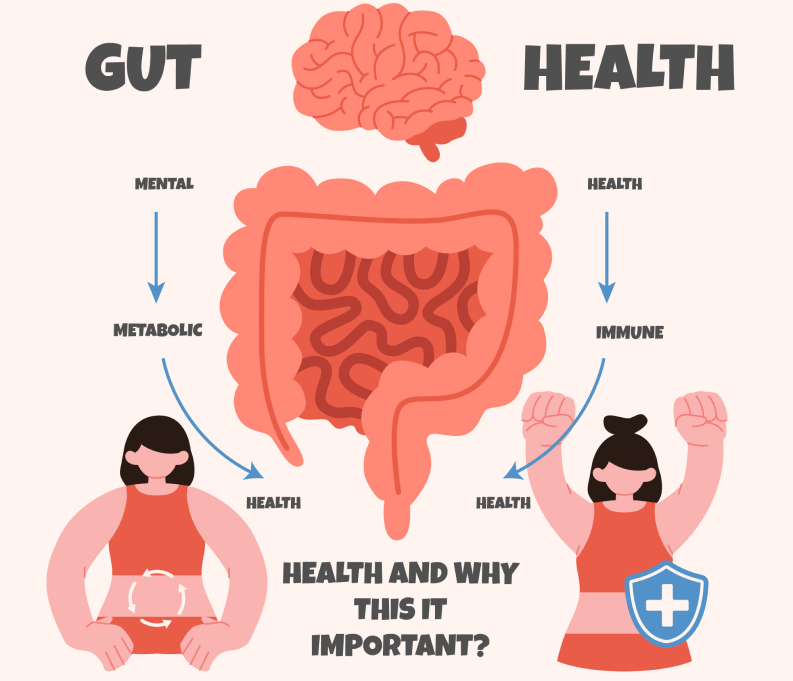Introduction
Blood pressure management is crucial for maintaining overall health, as it reflects the force exerted by blood against the artery walls. Consistently high blood pressure, or hypertension, strains the heart, arteries, and organs, increasing the risk of heart disease, stroke, and kidney failure. A comprehensive strategy, combining lifestyle changes, dietary adjustments, and medication when necessary, is key to effectively managing hypertension.

Understanding Blood Pressure and Hypertension
Blood pressure consists of two readings:
- Systolic Pressure: The pressure during a heartbeat.
- Diastolic Pressure: The pressure between heartbeats.
Normal blood pressure is around 120/80 mmHg, while readings above 140/90 mmHg signal hypertension. Factors like genetic predisposition, excessive sodium intake, lack of exercise, and stress contribute to its rise. Addressing these causes early prevents complications and promotes long-term health.
Quick Tip: Use a digital BP monitor at home for consistent tracking and early detection.

The Dangerous Trio: Blood Pressure, Cholesterol, and Diabetes
Hypertension often coexists with high cholesterol and diabetes, forming a trio of interconnected health risks. High LDL (bad cholesterol) clogs arteries, while uncontrolled blood sugar from diabetes accelerates vascular damage. Together, they increase the likelihood of heart attacks and strokes.
Additionally, kidney health plays a vital role in regulating blood pressure. Secondary hypertension, caused by underlying conditions like kidney disease or hormonal imbalances, requires specialized care and dietary changes. Regular kidney function tests, such as creatinine and eGFR, are crucial for monitoring.
Quick Tip: Monitor cholesterol, sugar, and kidney health regularly for effective risk management.
The Importance of Balancing Cholesterol Levels
Boosting HDL (good cholesterol) and lowering LDL is essential for heart and vascular health. Foods rich in omega-3 fatty acids, such as flaxseeds, walnuts, and fish, help balance cholesterol levels. Green tea, known for its antioxidants, also contributes to improved cholesterol. Regular physical activity, including yoga or brisk walking, further supports healthy levels.
Quick Tip: Incorporate at least 30 minutes of physical activity daily for optimal cholesterol and blood pressure management.
Medications and Natural Alternatives
While medications play a key role in controlling hypertension, prolonged use may lead to side effects like fatigue, memory issues, or kidney strain. Natural alternatives, such as yoga, meditation, and dietary adjustments, can complement or reduce the need for medication. Consult your doctor before making any changes to prescribed treatments.
An upcoming article will delve deeper into the side effects of long-term BP medication use. Stay tuned!
Quick Tip: Balance medication use with natural remedies for holistic blood pressure management.
Dietary and Lifestyle Guidelines

1. Salt and Sodium Intake
Excess sodium is a primary cause of high blood pressure. Limit processed foods, canned soups, and salted snacks. Instead, use natural herbs and spices like turmeric and garlic to flavour your meals. Turmeric, rich in curcumin, has anti-inflammatory properties that support cardiovascular health.
Quick Tip: Replace salt with herbs and spices for heart-friendly meals.
2. Trans Fats and Oil Usage
Avoid trans fats found in packaged snacks, fried foods, and baked goods. These fats increase LDL levels and worsen hypertension. Use oils sparingly and avoid heating them beyond their smoking points to prevent the formation of harmful compounds. Healthy options include cold-pressed oils like olive or coconut oil.
Quick Tip: ok at moderate temperatures and avoid reheating oils to maintain their nutritional integrity.
3. Protein Choices
Limit red meat consumption as it can elevate cholesterol levels. Opt for lean proteins like well-cooked fish, tofu, or legumes. Small onions, a staple in many traditional diets, have compounds that enhance blood vessel flexibility and reduce blood pressure. Incorporating them into meals adds both flavour and health benefits.
Quick Tip: Choose lean proteins and include small onions for better heart health.
4. Caffeine Management
Caffeinated beverages like coffee and tea, when consumed in excess, can stiffen blood vessels, raising blood pressure. Limit caffeine intake to 1–2 cups daily. Switch to herbal teas, such as chamomile or hibiscus, which have calming properties.
Quick Tip: ok at moderate temperatures and avoid reheating oils to maintain their nutritional integrity.
5. Hydration and Natural Diuretics
Drink 3.5–4.5 litres of water daily to maintain kidney function and regulate blood pressure. Foods like plantain stems, radishes, cucumbers, and parboiled rice act as natural diuretics, promoting urine production and reducing fluid retention.
Quick Tip: Stay hydrated and include natural diuretics in your diet to support kidney and blood pressure health.
6. Turmeric and Small Onions
Turmeric, known for its anti-inflammatory and antioxidant properties, supports cardiovascular health and reduces arterial stiffness. Small onions improve endothelial function, helping blood vessels dilate and lower blood pressure naturally. Regular consumption of these can yield significant benefits over time.
Quick Tip: Add turmeric and small onions to your meals for a natural heart boost.
Mental Health, Stress, and Sleep: Their Impact on Blood Pressure
Chronic stress and poor sleep elevate cortisol levels, worsening hypertension. Incorporate stress-relief techniques like deep breathing, meditation, or light yoga into your daily routine. Aim for 6–7 hours of quality sleep each night, supported by a consistent bedtime routine. Foods like buttermilk and bananas before bedtime promote relaxation and better sleep.

Quick Tip: Schedule “unplugged” time daily to disconnect from devices and calm your mind.

